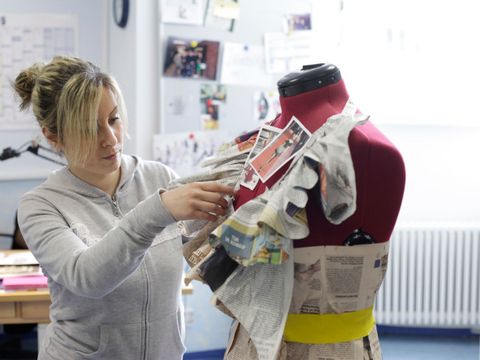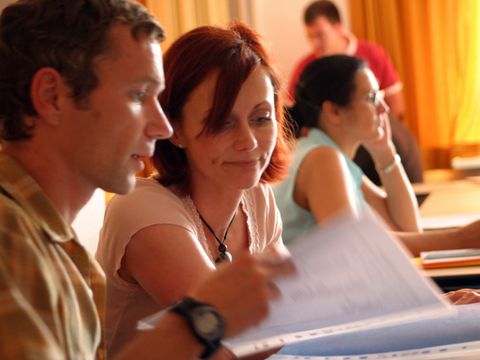Second-chance education offers everyone who wants to continue their education many options to obtain a school leaving qualification or to achieve a higher level qualification.
Vocational qualification and intermediate school leaving qualification
You can obtain the following school leaving qualifications:
- Certificate of vocational education (BBR),
- Advanced vocational qualification (EBBR)
- Intermediate school leaving qualification (MSA).
These offerings are aimed at both employed and non-employed or unemployed young people and adults.
You will improve your professional opportunities with each of these school leaving qualifications. The higher the school leaving qualification, the lower the risk of unemployment. You can achieve a school leaving qualification with the help of courses (evening or day courses). These qualifications always include a written and an oral exam at the end.






